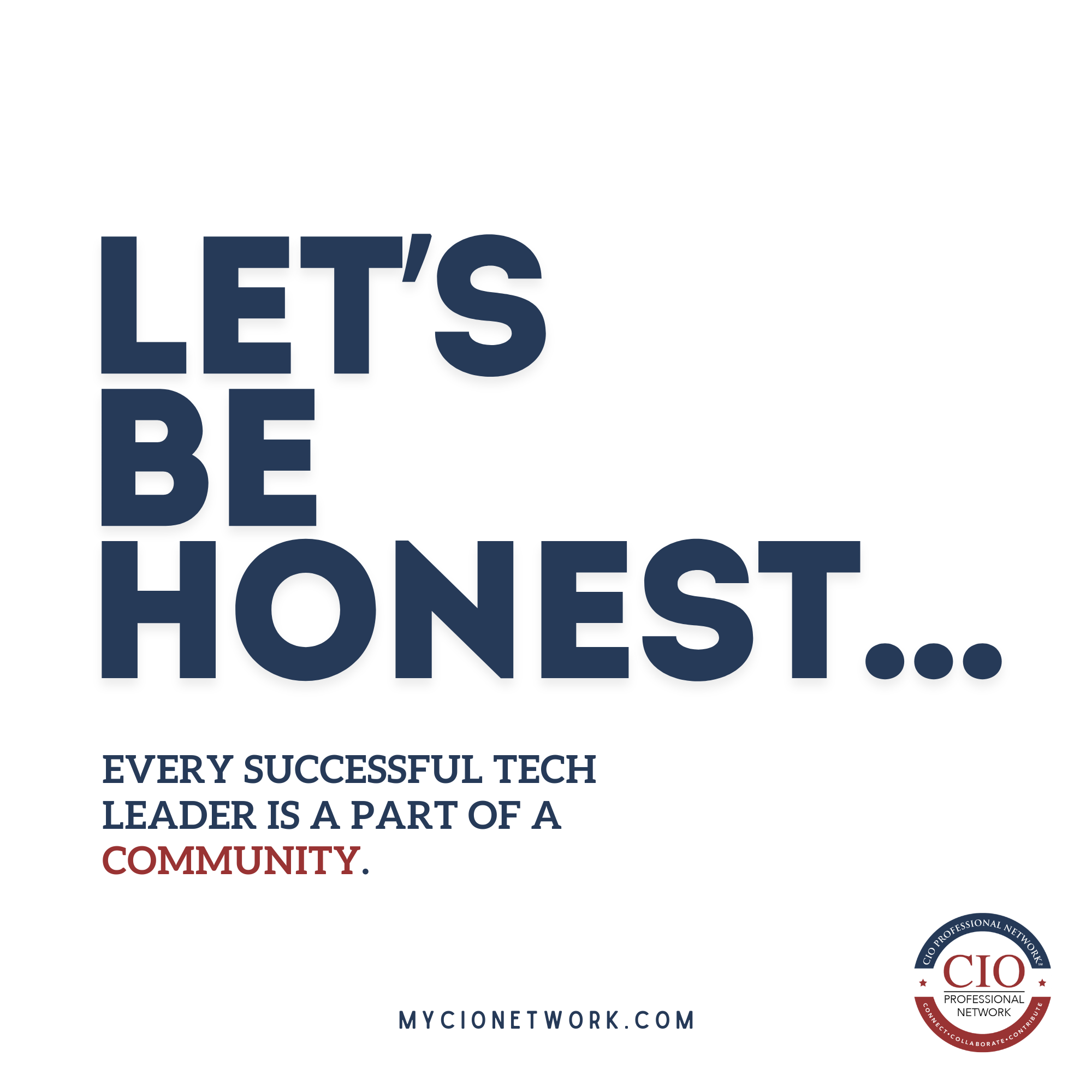Artificial intelligence agents are moving from the margins to the mainstream in enterprise strategy. According to KPMG’s AI Quarterly Pulse Survey: Q2 2025, a striking 82% of U.S. executives believe their industry’s competitive dynamics will transform within the next 24 months as a direct result of AI.
What began as isolated proof-of-concepts has evolved into scaled deployments with clear business impact, signaling a fundamental shift in how organizations approach growth, efficiency, and resilience.
CIOs and other technology leaders now face a pivotal challenge: to scale AI adoption responsibly while transforming business models, workforce strategies, and governance frameworks.

An Inflection Point
KPMG’s data reveals that 90% of organizations are past the exploratory phase of AI agent integration, and 33% have already deployed at least some of these agents in production environments, tripling from just 11% in the two previous quarters. This growth reflects and increasing confidence and urgency among executives to harness the transformative power of AI.
As a result, the era of experimentation is fading fast.
These agents are now orchestrating workflows, autonomously learning from real-time inputs, and making decisions with minimal human intervention. This integration characterizes a turning point where AI is seen as indispensable to long-term strategic positioning.
Deployment is also evolving.
More than half of organizations are adopting hybrid agent strategies that combine pre-built and custom solutions to maximize flexibility and scalability. This underscores a shift toward enterprise-specific AI models created to address unique operational needs while ensuring integration with existing infrastructure.
“Our clients are no longer asking ‘if’ AI will transform their business, they’re asking ‘how fast’ it can be deployed. This isn’t just about technology adoption, it’s about fundamental business transformation that requires reimagining how work gets done and how it is measured.”
Todd Lohr, Head of Ecosystems and National Operations for Advisory Market – KMPG
A Balanced Approach
One of the most important trends emerging from the survey is the redefinition of AI’s value proposition. Nearly half of all executives (46%) now say their AI agent strategies are focused equally on driving operational efficiency and accelerating revenue growth.
This balance reflects a broader understanding that sustainable transformation lies at the intersection of streamlining today’s operations and envisioning tomorrow’s value streams.
Budget priorities support this dual focus.
Cybersecurity and data protection lead investment categories at 67%, followed by risk and compliance (52%), and operational enhancements (48%). These spending patterns reveal that while enterprises are keen on short-term performance gains, they’re simultaneously investing heavily in the foundational capabilities required to support AI at scale.
CIOs are playing a pivotal role in steering these investments. As stewards of digital transformation, they must ensure that AI agents are not simply overlaid on outdated processes but embedded into redesigned workflows that support innovation and agility.
Workforce Transformation
Perhaps nowhere is AI’s impact more profound than in human capital. The integration of AI agents is prompting organizations to rethink roles, responsibilities, and the metrics by which success is measured.
According to the survey, 87% of leaders expect agents to drive changes in performance metrics and redefine employee responsibilities.
Crucially, this transformation is about equipping workers to thrive alongside intelligent systems.
Companies are implementing structured upskilling initiatives to prepare their teams for this new paradigm. Top strategies include training employees in prompt engineering (69%), offering hands-on learning in sandbox environments (49%), and developing clear guidelines for human-AI collaboration (39%).
This emphasis on proactive learning and change management is a sign that leading organizations recognize the importance of nurturing a workforce that can evolve in lockstep with technological change.
For CIOs and HR leaders, this presents an opportunity to reframe talent development as a core enabler of AI success.
Risk Readiness
Even as enthusiasm for AI grows, so do concerns around risk. Data privacy has become the most pressing issue, cited by 69% of executives, up sharply from 43% in Q4 2024.
Other top risks include data quality (56%) and regulatory complexity (55%).
To mitigate these risks, organizations are implementing stringent controls. A majority now require human oversight for AI agent outputs, and 45% limit agent access to sensitive data without supervision. These measures reflect a cautious but pragmatic approach, emphasizing how speed and control are equally essential.
This trust imperative extends beyond compliance.
Customers, regulators, and employees alike demand that AI systems operate ethically, transparently, and securely. CIOs must work closely with data, legal, and risk teams to embed trust by design into every AI initiative, whether that means adopting explainable AI frameworks or ensuring data lineage and quality.
The Wrap
The message is resoundingly clear: AI agents are quickly becoming embedded in the DNA of enterprise operations and redefining how organizations compete, grow, and manage risk.
For CIOs and technology leaders, the next two years represent a narrow but powerful window to scale AI intelligently. They must move from promise to practice, and from experimentation to enterprise transformation.
This journey will not be without challenges, but those who invest in strong governance, workforce readiness, and transparent performance measurement will emerge as frontrunners in the next phase of digital leadership.
As agentic intelligence becomes central to business, leadership is being redefined, challenging executives to actively shape the future of work, innovation, and trust through each strategic decision they make.
Trusted insights for technology leaders
Our readers are CIOs, CTOs, and senior IT executives who rely on The National CIO Review for smart, curated takes on the trends shaping the enterprise, from GenAI to cybersecurity and beyond.
Subscribe to our 4x a week newsletter to keep up with the insights that matter.






